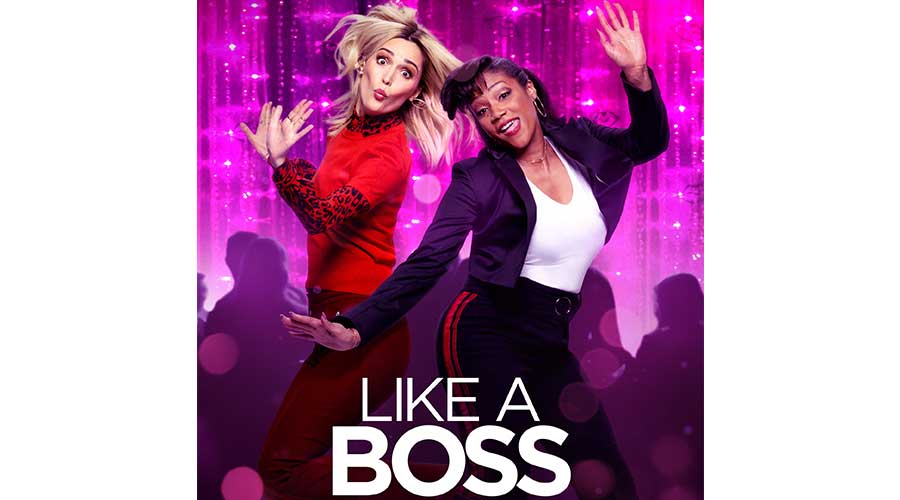What’s to watch on Netflix?
- 20 Apr - 26 Apr, 2024
About halfway through Like a Boss, ostensibly a comedy for women about female friendship and some business ethics, two beauty entrepreneurs and best friends, Mel (Tiffany Haddish) and Mia (Rose Byrne), meet their main competition for a major makeup showcase: two straight guys. They have their own makeup line designed around what they assume women want: to wear “cherry-poppin’ lip gloss, to cover up their flaws. The makeup dudes are supposed to be a joke – a ridiculous contrast to the earnest empowerment of Mel and Mia’s line, which assumes women beautify for themselves – but we couldn’t help feeling like it encapsulates the film, directed by Miguel Arteta, as a whole.

It’s also written by two men. Based on a story by veteran TV writer Danielle Sanchez-Witzel, the script by Adam Cole-Kelly and Sam Pitman flattens the shadow of ribald and genuinely hilarious female-driven movies like Bridesmaids into material as thin as filo dough. That material is, basically, the assumption that women talking about a person’s physique is automatically comedic.
The plot is promising enough, if clearly a descendant of Bridesmaids. Best friends since middle school, Mel and Mia share everything – bad homecoming photos, an interest in Barack Obama, a house – even if they overlap little in personality. Mia is Tiffany Haddish bottled into a character with little backstory – bawdy, fun and profoundly unashamed, a temperamental creative. Mel is a people-pleaser, a thin white girl archetype afraid of confrontation and deferential to authority who’s also secretly raunchy and, as Mia says, “mean on the inside”. The women are caught in a stage of arrested development; they dress stylishly and run a small company but have resisted starting families, growing out for parties or breaking their co-dependency. Facing bankruptcy and their more stable friends’ judgment, they sign over 49% of their company to Claire Luna (Salma Hayek), a bossy woman who runs a Glossier/Sephora mashup beauty empire and whose appeal, we are informed in multiple half-jokes, is that she really is unapologetically mean.
Claire Luna, a cartoonish capitalist in seven inch heels, has visions for the duo which do not include wholesome self-empowerment, and hinges her majority ownership on the breakup of Mel and Mia’s partnership. They promise it’s impossible to break them up. Between that promise and the trailer, you’ve basically seen the movie. There’s shoe-throwing, exposition-laden heart-to-hearts, and more breaking things, interspersed with clunky references to how much time has passed and the fact that Mia is black and Mel is not. Nothing in the script is remotely surprising or very funny, though nothing is horrendous, either.
But it could be more than that, as there are kernels of something interesting here: an interracial best friendship and business partnership in today’s America, or navigating best friendship on the cusp of middle age, or maintaining the ethics of your business and passion under the growth mandate of capitalism.
COMMENTS